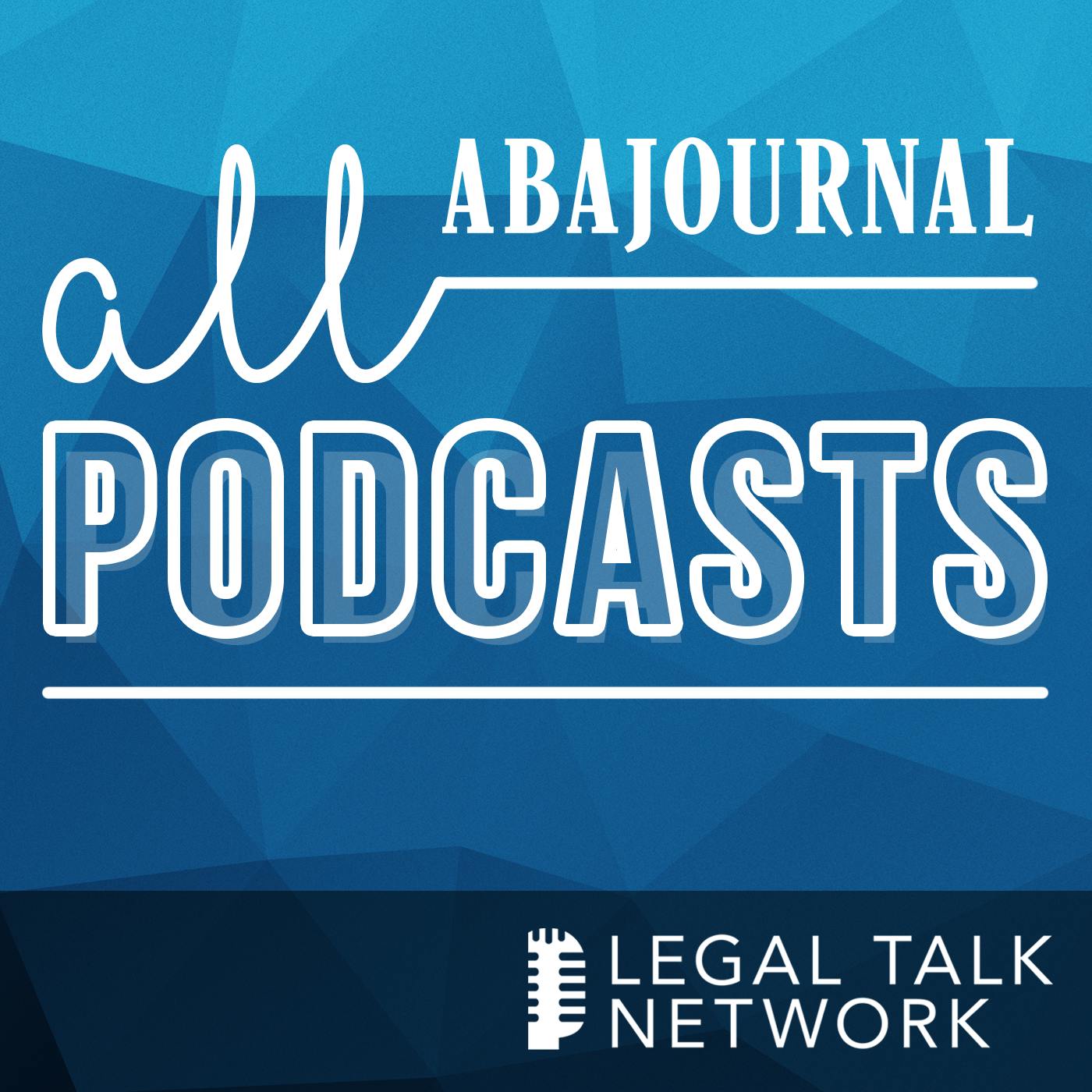How reckoning with trauma can help you, your clients and the legal profession
Description
“You can’t think yourself out of trauma,” the introduction to Trauma-Informed Law: A Primer for Lawyer Resilience and Healing warns. “An analytical response is insufficient. As lawyers and law students, we have been trained to learn only with our minds. But there are other epistemologies—other ways of knowing and interacting with the world.”
Trauma-Informed Law, published by the ABA Law Practice Division, arose as a collaborative effort between Canadian lawyers Helgi Maki and Myrna McCallum and American lawyers Marjorie Florestal and J. Kim Wright. It seeks to suggest not only how lawyers can provide better client service to traumatized people, but also how lawyers, law students and judges can deal with their own traumas.
Maki points out many people say that while the initial incident that brought them into contact with the court system was difficult—be it a divorce, an assault or a contract dispute—their experiences once inside the judicial system were harder to bear and caused more emotional damage. What other profession, she asks, would accept that as an outcome for its clients?
In this episode of the Modern Law Library, Maki and the ABA Journal’s Lee Rawles discuss the impact of trauma on the legal profession, and the ways researchers have seen it impact people on a personal and systemic level. Lawyers may be reluctant to label their own experiences trauma, but Maki explains vicarious trauma, and how burnout is a “cousin” to trauma.
One element the book stresses is how important it can be for judges to become aware of how trauma can impact everyone in a courtroom, and basic measures that can be taken to decrease the risk of causing further harm during courtroom proceedings. The ABA House of Delegates recently called for more research to be done on how court workers are impacted by what they see at work and by threats to their personal security.
Maki and Rawles also discuss ways legal professionals can build support systems without endangering client confidentiality, and how law schools can prep law students for the inevitable challenges they will face in the profession.
More Episodes
Lawyers, especially litigators, like to say they never ask a question that they don’t already know the answer to. But there’s plenty of unknowns out there—especially when it comes to how a case might turn out or how much it will cost. Predictive judicial and law firm analytics take some of that...
Published 11/13/24
Published 11/06/24
Glenn Fine's career-long crusade against corruption might have its roots in his college days. As a point guard for the Harvard basketball team, Fine had his personal best game on Dec. 16, 1978, the same day he interviewed for–and received–a Rhodes scholarship. He put up 19 points against Boston...
Published 11/06/24


